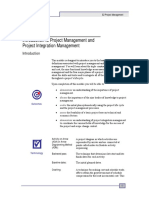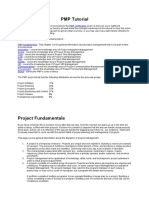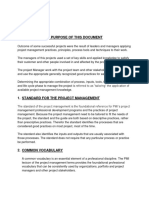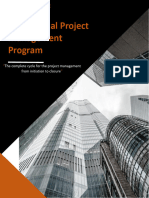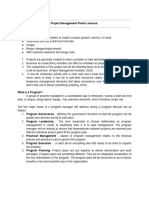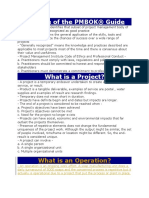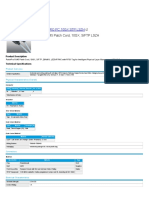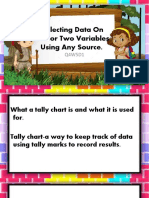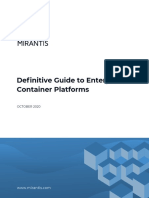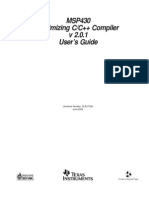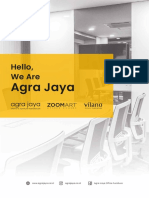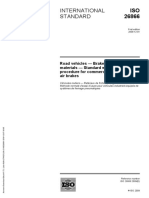Chapter 1
Key Terms
1- best practice — An optimal way recognized by industry to achieve a stated goal or objective
2- critical path — The longest path through a network diagram that determines the earliest completion of a
project
3- enterprise project management software — Software that integrates information from multiple
projects to show the status of active, approved, and future projects across an entire organization; also
called portfolio project management software
4- ethics — A set of principles that guides decision making based on personal values of what is considered
right and wrong
5- Gantt chart — A standard format for displaying project schedule information by listing project
activities and their corresponding start and finish dates in calendar form
6- leader — A person who focuses on long-term goals and big-picture objectives while inspiring people to
reach those goals
7- manager — A person who deals with the day-to-day details of meeting specific goals portfolio project
management software — Software that integrates information from multiple projects to show the status
of active, approved, and future projects across an entire organization; also called enterprise project
management software
8- program — A group of projects managed in a coordinated way to obtain benefits and control that are
not available from managing projects individually
9- program manager — A person who provides leadership and direction for the project managers heading
the projects within a program
10- project — A temporary endeavor undertaken to create a unique product, service, or result
11- project management — The application of knowledge, skills, tools, and techniques to project activities
to meet project requirements
12- Project Management Institute (PMI) — An international professional society for project managers
13- project management knowledge areas — Project integration management, scope, time, cost, quality,
human resource, communications, risk, procurement, and stakeholder management
14- Project Management Office (PMO) — An organizational group responsible for coordinating the
project management functions throughout an organization
15- Project Management Professional (PMP) — Certification provided by PMI that requires documenting
project experience and education, agreeing to follow the PMI code of ethics, and passing a
comprehensive exam
�16- project management tools and techniques — Methods available to assist project managers and their
teams; some popular time-management tools include Gantt charts, network diagrams, and critical path
analysis
17- project manager — The person responsible for working with the project sponsor, the project team, and
the other people involved to meet project goals
18- project portfolio management or portfolio management — When organizations group and manage
projects as a portfolio of investments that contribute to the entire enterprise’s success
19- project sponsor — The person who provides the direction and funding for a project
20- stakeholders — People involved in or affected by project activities
21- triple constraint — Balancing scope, time, and cost goals







